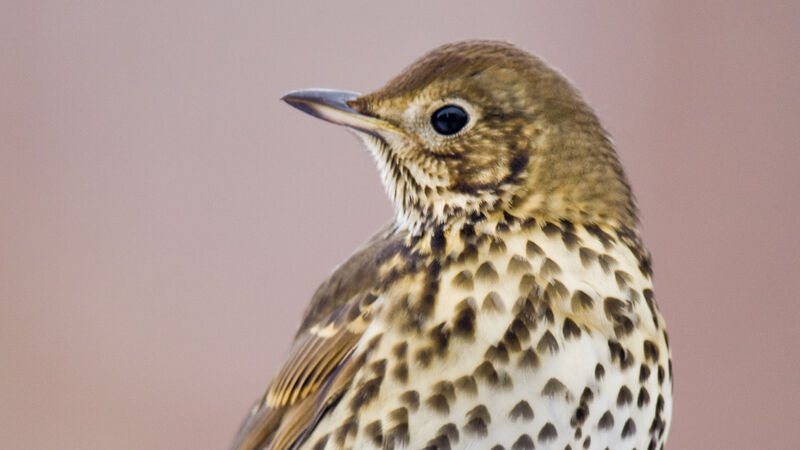Richard Collins: Why nature’s routines and schedules are being disrupted at an alarming rate

Song thrush: A bird’s body clock tracks the light, eventually triggering the release of sex
hormones, and the return of singing.
Try from €1.50 / week
SUBSCRIBEMy local song-thrush has lost the run of himself; he started singing during the second week of January. Normally, it’s the mistle-thrush who proclaims the approach of spring and he does so well in advance of his smaller cousin. The large ‘storm-cock’ may hold forth even in the teeth of a late winter’s gale. He usually begins nesting a month earlier than his more melodious relative, making the latter’s early singing all the more odd.
Why is this avian insanity happening? Is climate change responsible? Not directly, it might seem, on the face of it. A songbird’s reproductive organs shrink after the breeding season, rendering it virtually sexless. Daylight length begins to increase from December 21. A bird’s body clock tracks the light, eventually triggering the release of sex hormones. Singing is the overture to mating and nesting; ‘happy days are here again’. Global warming can’t alter the sun’s schedule, but it ‘acts in mysterious ways, its wonders to perform’.
Already a subscriber? Sign in
You have reached your article limit.
Annual €130 €80
Best value
Monthly €12€6 / month
Introductory offers for new customers. Annual billed once for first year. Renews at €130. Monthly initial discount (first 3 months) billed monthly, then €12 a month. Ts&Cs apply.
CONNECT WITH US TODAY
Be the first to know the latest news and updates
Newsletter
Sign up to the best reads of the week from irishexaminer.com selected just for you.
Newsletter
Music, film art, culture, books and more from Munster and beyond.......curated weekly by the Irish Examiner Arts Editor.
© Examiner Echo Group Limited